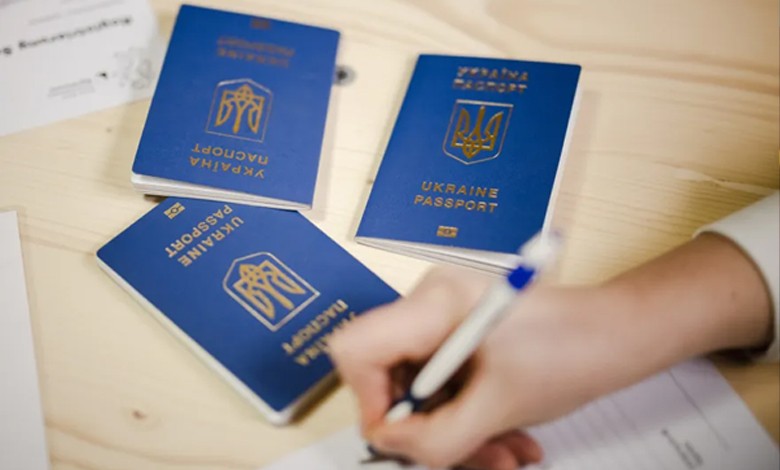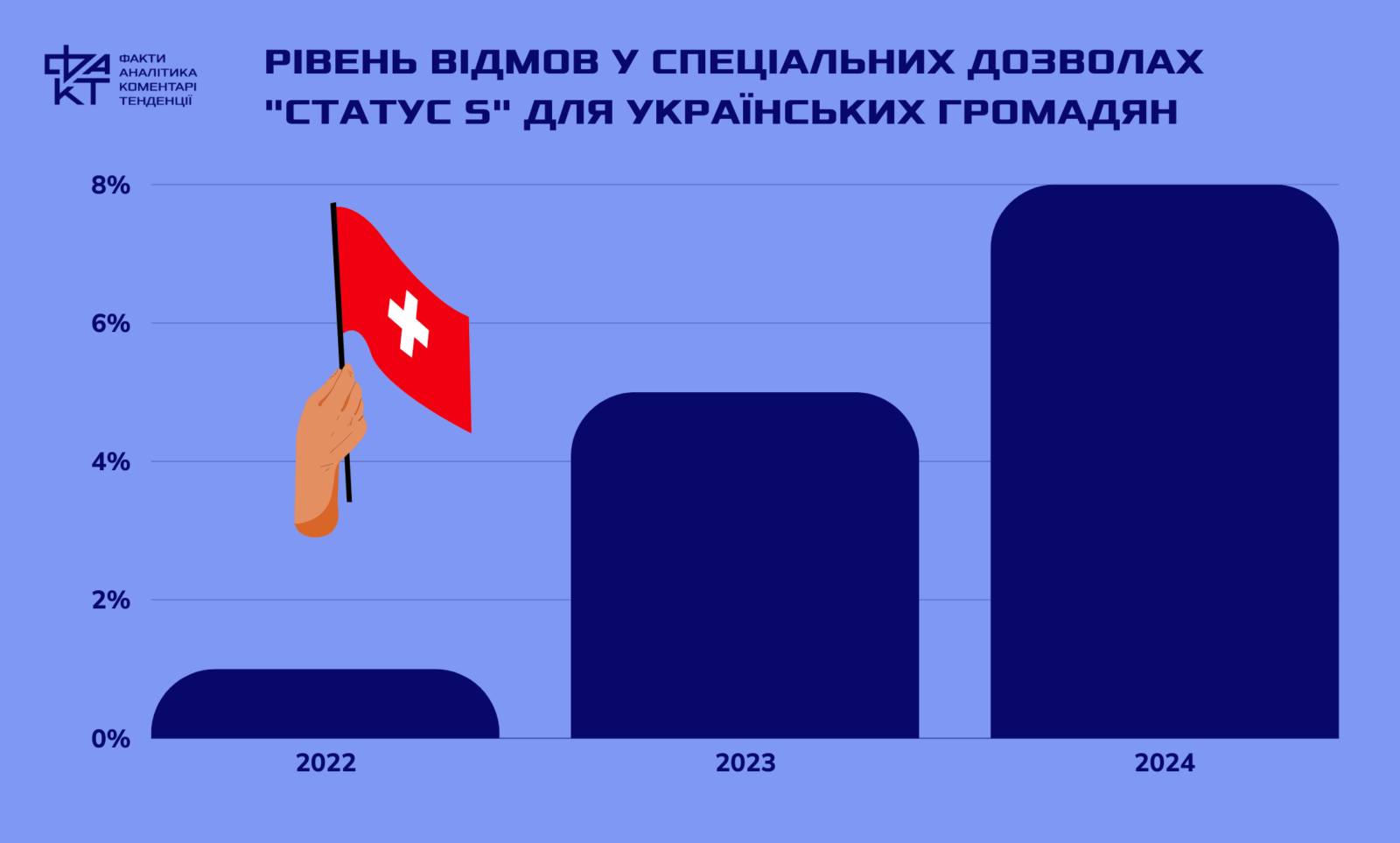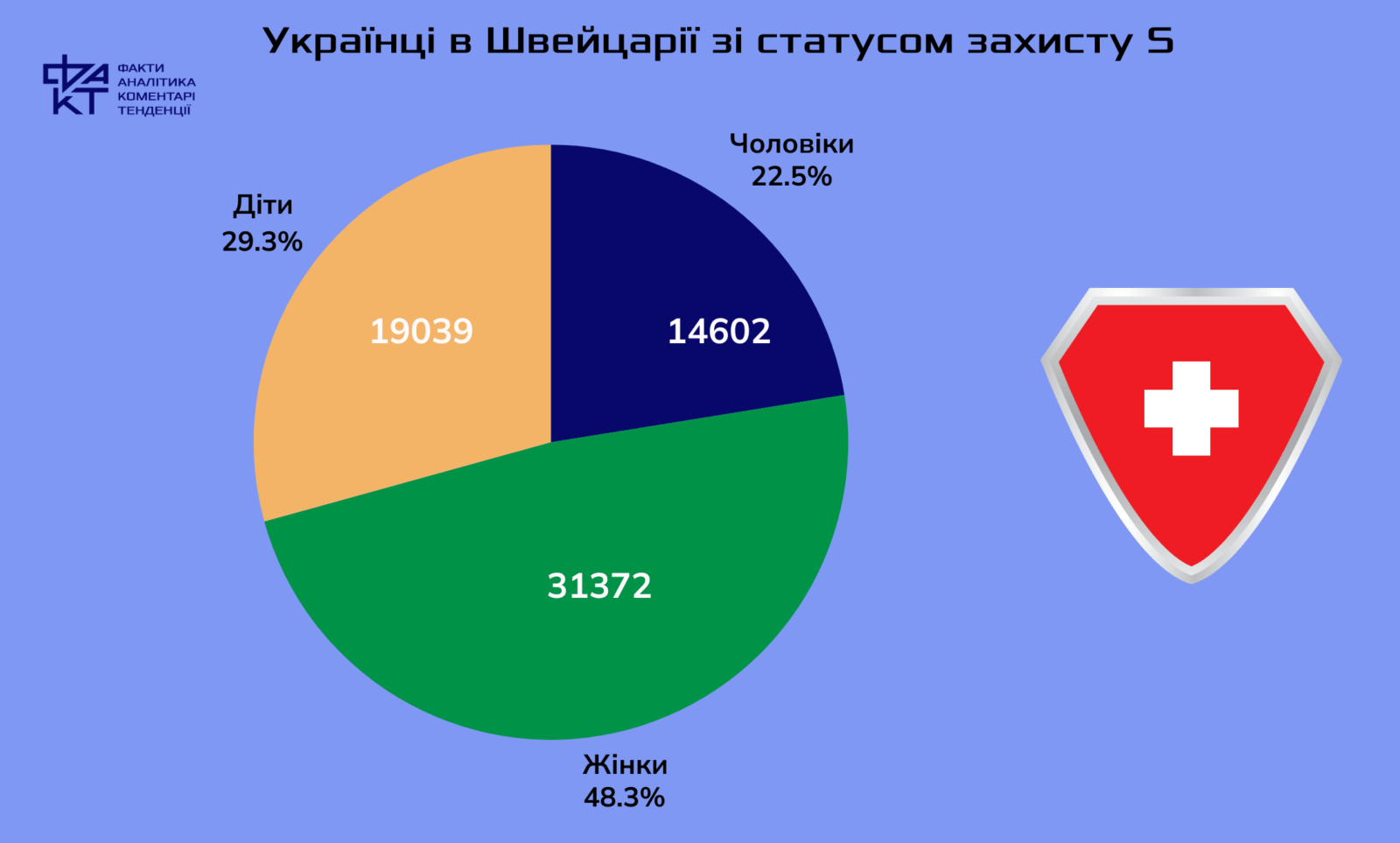Oasis of peace: will temporary protection become permanent for Ukrainians in Switzerland?

Switzerland, with its neutrality and stability, has always been a haven for those fleeing the horrors of war. For centuries, this country has sheltered refugees from different parts of the world, remaining an oasis of peace in the center of Europe. During World War II, as well as during other conflicts, Switzerland hosted those seeking protection from violence and persecution.
Today, when the war is going on in Ukraine, thousands of Ukrainians have found refuge in Switzerland, escaping from destruction and dangers. At first, Swiss society welcomed refugees with open arms. However, with the passage of time, the attitude has changed somewhat, the manifestations of caution have become more noticeable. These changes are caused by various factors such as economic pressure, cultural differences, resource depletion. In the end, it became obvious to the Swiss that the temporary shelter was for Ukrainians
In November 2023, it would seem that Ukrainian refugees could breathe a sigh of relief, because the Swiss government extended special protection for them until March 2025. It is about “Protection Status S” (from the German word “Schutz”). It was introduced in Switzerland as a temporary measure to quickly provide protection to people fleeing mass persecution or military conflicts, as actually happened to Ukrainian refugees. This status allows you to receive temporary protection without having to go through the standard asylum procedure, which can be a lengthy process.
Persons with S status are allowed to live in Switzerland, work, study and receive social assistance. They also have the right to health care and education for their children. This status provides basic rights and assistance, but does not grant the right to permanent residence or long-term stability.
This status was introduced for Ukrainians in March 2022, which allowed the Swiss government to quickly respond to the humanitarian crisis. However, over time, as in many other countries that accepted Ukrainian refugees, discussions arose regarding the duration of such protection, the amount of assistance and the integration of refugees into Swiss society.
As reported published by Swissinfo On July 31, the State Secretariat for Migration reported that 66,182 Ukrainians currently have valid S status.
However, the post also notes that 26,392 S status permits have been revoked since they were first issued in March 2022. Almost half of Ukrainians in Switzerland were deprived of special protection preferences.
Under what conditions are refugees deprived of this right? The government can revoke the S status permit if its holders move to live in a third country and obtain a legal right to stay there.
In addition, the permit may be canceled if the person stays in Ukraine for more than 15 days per quarter. The only exception is those who can prove that they are preparing for a permanent return to Ukraine.
In addition to canceling the S protection status permit, the Swiss Migration Service also has the right to deny Ukrainians this status. Since the start of the war in February 2022, approximately 2,500 asylum seekers from Ukraine have been denied S protection status. The number of such denials is gradually increasing.

Daniel Bach, a spokesman for the Swiss Migration Service, explained that many Ukrainians currently applying for S protection status in Switzerland do not come directly from Ukraine, but from other European countries. This is the main reason why such applications are rejected. They do not meet the criteria for this status.
The Swiss are worried why Ukrainians from safe European countries are looking for opportunities in their country. There may be several explanations for this. Switzerland is known for its high standard of living, stable economy and developed social support system. Many Ukrainians may believe that moving to Switzerland will provide them with better conditions for living and integration. Switzerland offers more employment opportunities and higher wages, which may attract Ukrainians who want to provide for themselves and their loved ones. In addition, in some EU countries, where Ukrainian refugees initially found refuge, there may be restrictions on opportunities for work or residence. This prompts people to seek better conditions in Switzerland. Some may have relatives or acquaintances in Switzerland, which contributes to their decision to move there.
All these explanations are understandable to Ukrainians, but the Swiss authorities do not find them sufficient to support those who relocate from safe and wealthy European countries, so they deny such asylum seekers S status.
The attitude towards Ukrainians in Switzerland is ambiguous and somewhat inconsistent.
On the one hand, the Swiss government admits that Ukrainians who came to the country because of the war are unlikely to return to their homeland in the near future. In this regard, it was decided to focus on the integration of Ukrainians into Swiss society, especially in the field of employment.
The government even announced an ambitious goal: to integrate 40% of Ukrainians living in Switzerland into the labor market by the end of 2024. Currently, the level of integration is 25%. To achieve this goal, 3,000 Swiss francs were allocated for each Ukrainian, who will mainly go to language courses, which is the basis for increasing their chances of successful employment.
The Swiss government is also considering a parliamentary proposal to introduce online registration instead of the traditional work permit. If such an initiative is adopted, it will significantly reduce the bureaucratic burden for companies wishing to hire Ukrainians.
At the same time, uncertainty still hangs over Ukrainian refugees, because the S status, which is valid until March 2025, does not provide for a long stay in Switzerland.
Last September, the Swiss government unveiled its preliminary strategy for the return of Ukrainian refugees after the abolition of S status. It estimated that 80% of the refugees would leave voluntarily because their male family members remained in Ukraine. The report recommends giving refugees six to nine months to plan their departure. For this, a financial incentive of 1,000 to 4,000 francs per person is provided. Refugees who leave earlier will receive a larger amount.
The Swiss are also concerned that Ukrainian refugees who will stay in Switzerland for a long time are unlikely to be willing to return home voluntarily. After five years of continuous residence in the country, they can obtain a Swiss B permit, valid for five years.
Research results UNHCR and the Swiss State Secretariat for Migration, show that a third of the refugees interviewed do not want to return to their homeland, and 40% have not yet made a final decision.

In Switzerland, they are also discussing the possibility of canceling temporary protection for Ukrainian men who are able to fight. There are almost 12 thousand of them in the country. The State Secretariat for Migration points out that it is impossible to accurately estimate how many of them are actually subject to military service, because there are exceptions. However, voices that men are not refugees and therefore do not “deserve” special protection are heard more and more often in the Swiss parliament.
As we can see, despite the initial wave of support, the Swiss authorities are becoming more cautious in providing protection. This is due to economic restrictions, integration challenges, pressure on social services and the escalation of the war in Ukraine.





